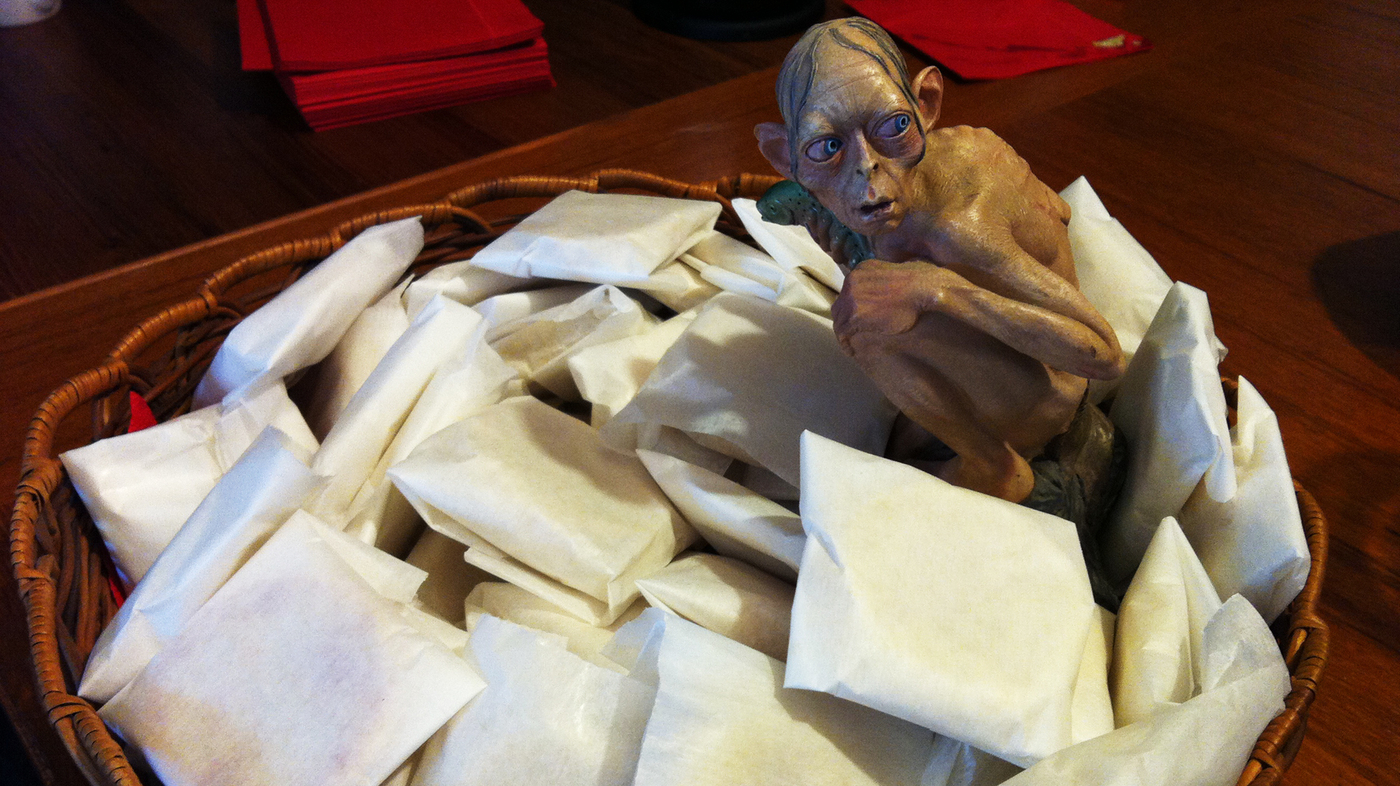When I'm annoyed with my life it helps me tremendously to engage in something creative. For me that something creative often involves a literary or historical angle, along with music, food, or dress.
I've decided a healthier way to stop obsessing over some things in my life is to try some Medieval cooking. I'm fascinated by the Medieval period because it's a time when Europeans lived with the land in a way normally credited to people of other cultures, and because Medieval people were much cleaner and more interesting than they're sometimes painted in Hollywood productions. Plus, they were mostly vegetarian.
I'm looking to get some dark rye bread this week instead of my usual sourdough, make some pottages instead of curries or veggie burgers, and maybe something else fun.
I'm probably going to start with making vegetable pottage, getting a nice local loaf of bread and eating it with Earth Balance in place of butter, some local apples...but I'm looking for other "peasant" Medieval recipes that you may be aware of that are either vegan or could be easily be made vegan with subs.
Thanks!
I've decided a healthier way to stop obsessing over some things in my life is to try some Medieval cooking. I'm fascinated by the Medieval period because it's a time when Europeans lived with the land in a way normally credited to people of other cultures, and because Medieval people were much cleaner and more interesting than they're sometimes painted in Hollywood productions. Plus, they were mostly vegetarian.
I'm looking to get some dark rye bread this week instead of my usual sourdough, make some pottages instead of curries or veggie burgers, and maybe something else fun.
I'm probably going to start with making vegetable pottage, getting a nice local loaf of bread and eating it with Earth Balance in place of butter, some local apples...but I'm looking for other "peasant" Medieval recipes that you may be aware of that are either vegan or could be easily be made vegan with subs.
Thanks!


